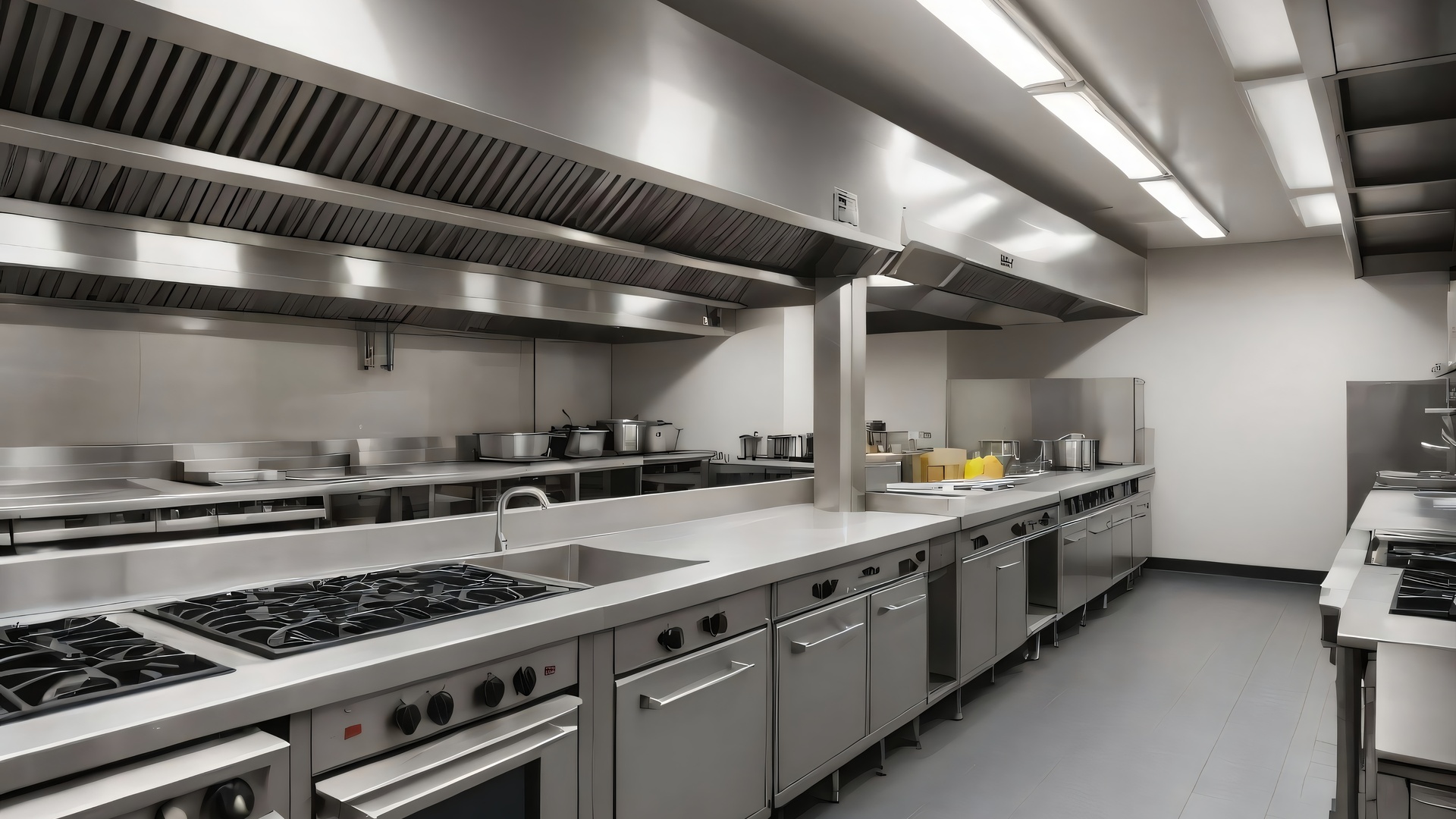Why Kitchen Materials Matter for Health Code Compliance

Health codes exist to protect employees, customers, and the public from foodborne illnesses and other safety hazards. A critical part of maintaining compliance revolves around thoughtful material choices in any commercial kitchen. By selecting the right materials, businesses set themselves up for smoother inspections and a better overall kitchen environment.
Keep reading to unpack how your kitchen materials play a pivotal role in passing inspections and promoting kitchen safety.
Durability Sets the Standard
Materials in kitchens face harsh conditions such as high heat, moisture, and heavy daily use. Durability is essential for safety and compliance. Materials like porous woods or low-quality metals can harbor bacteria by causing damage or wear quickly.
Inspections will identify materials that deteriorate quickly or cannot withstand routine cleaning. Stainless steel is popular in commercial kitchens because it is highly durable. Its resistance to corrosion, rust, and damage helps ensure surfaces meet health standards and stay compliant.
Easy-To-Clean Surfaces Are Key
Inspectors focus closely on cleanliness. Materials used for food preparation and storage must be non-porous and easy to sanitize. Stainless steel sheets are popular in commercial kitchens because they resist residue and stains, are smooth and seamless, and prevent grime or germs from accumulating hide. When cleaning becomes less daunting, it’s easier for kitchen staff to meet health code requirements daily.
Temperature Resistance Prevents Hazards
Heat resistance can’t be overlooked. Kitchens deal with extreme temperatures from ovens, stoves, and fryers, and materials must withstand these temperatures without structural compromise. Melting, warping, or cracking materials pose a safety risk and can quickly result in fines during an inspection.
Certain plastics and lightweight composites may seem appealing for affordability, yet they often fall short under these conditions. Metal materials, especially stainless steel, thrive in these environments and maintain safety, longevity, and compliance.
Proper Flooring Lowers Risks
Floors are a hidden hero in health code compliance. Slippery or absorbent surfaces increase risks for slips, falls, and bacterial contamination. Poor-quality flooring also traps dirt and moisture, attracting pests and creating an unsafe space.
Non-slip, waterproof flooring prevents accidents and ensures food safety. Epoxy resin flooring and sealed tile are excellent choices for those balancing cost and compliance while keeping inspections stress-free.
Adherence to Health Code Details
Every material in a commercial kitchen must meet specific health codes. Certain overlooked elements, like wall coverings or storage racks, can lead to non-compliance if materials fail to meet standards. For example, using improper shelving materials in a walk-in cooler could result in mold growth and contamination.
Commercial-grade kitchen materials, such as stainless steel countertops, heat-resistant tiles, industrial-grade baking equipment, and durable, non-porous surfaces, align with the stringent requirements outlined by health codes.
These choices support sanitation compliance, make cleaning easier, and lower the risk of contamination. Using stainless steel and heat-resistant tiles maintains hygiene, prevents contamination, and avoids penalties or damage from health code violations. As you plan for your grand opening, it’s important to consider the kitchen materials for health code adherence. It becomes clear when you think about the durability, cleanliness, and safety they offer.







